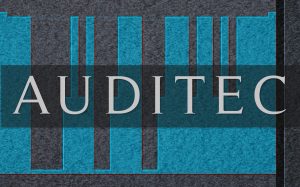The Spanish Synthetic Sentence Identification-Ipsilateral Competing Message© is directly analogous to the English version of the Synthetic Sentence Identification. There are 10 sets of 10 synthetic sentences. The competition is a male talker reading a passage. This ipsilateral competition version has sentences and competition recorded on one track (channel) at various signal-to-noise ratios (S/N). The message-to-competition (MCR) is mixed at -20, -10, 0, +10, -20, -10, 0, +10, 0, & 0 dB per set of 10. It is considered a monaural low-redundancy test (monaural separation closure-MSC) sensitive to low brainstem lesions. It is an auditory figure ground test.
The Spanish Synthetic Sentence Identification- Ipsilateral Competing Message© includes: a) audio test recording, b) instructions and score forms as printable pdf files. The instructions are provided in Spanish. The score forms are provided in English only. English graphs include normative data for hearing aid evaluation only that is based on the English version of this test to be a guideline for administrators of the Spanish version. No normative data is included for the central auditory function; however, the audiologist can uncover useful insight by comparing the patient’s performance on the contralateral and ipsilateral presentations.
©COPYRIGHT NOTICE: Auditec’s materials are protected by copyright. Each product represents one license for up to two audiometers at one location. Sharing, uploading to servers, publishing to the internet, and all other forms of distribution are prohibited.
Available from Auditec, Inc. Use the “Buy Now” button below to order.FREE shipping to contiguous US. INTERNATIONAL CUSTOMERS: Importers are responsible for duties and taxes. Auditec advises your organization to contact your government to estimate tax prior to ordering.
SPANISH Synthetic Sentences Identification- IPSILATERAL Competing Message© (CD Format); Item 152; Price $120.00 USD + S&H 
SPANISH Synthetic Sentences Identification- IPSILATERAL Competing Message© (USB Format); Item USB152; Price $126.00 USD + S&H 
